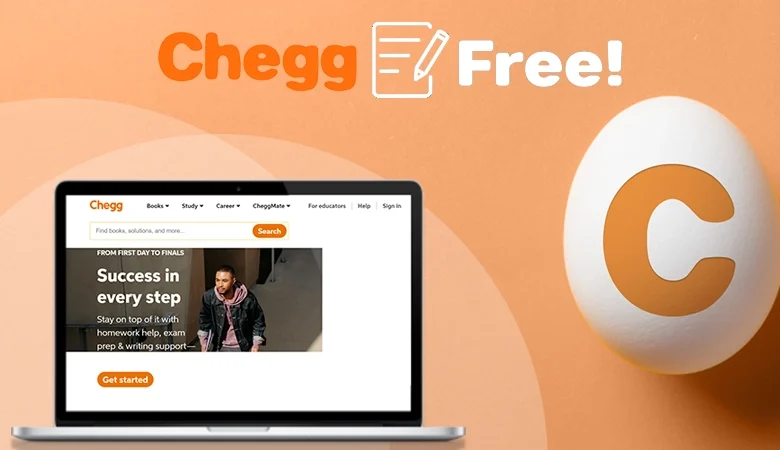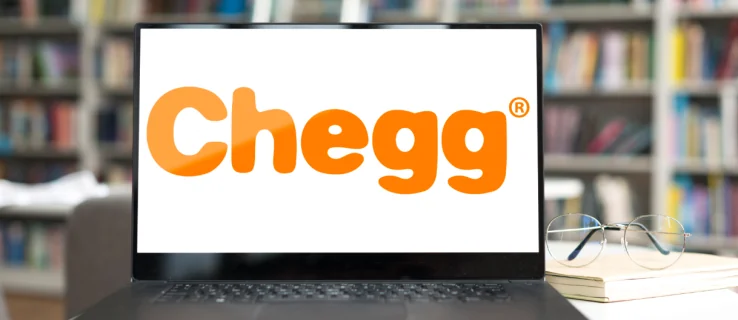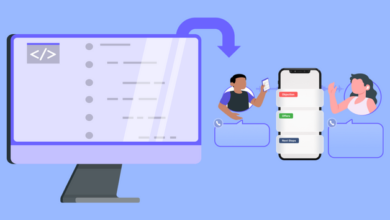Navigating Academic Chegg Unblur: Embracing Integrity

In the vast expanse of the internet, students across the globe search for resources to aid their academic journey. Chegg, with its comprehensive suite of educational services, stands out as a beacon for those seeking homework help, textbook solutions, and study support. However, the allure of finding ways to access these resources without a subscription—often referred to as “Chegg unblur” techniques—raises significant ethical and legal questions. This article delves into the importance of maintaining academic integrity, the value provided by platforms like Chegg, and legitimate alternatives for students.
The Pillars of Academic Integrity
Academic integrity is the moral code or ethical policy of academia. It encompasses the core values of honesty, trust, fairness, respect, and responsibility. In the context of using educational resources, it means engaging with content in a manner that respects copyright laws and the creators’ rights. Attempting to bypass paywalls or subscription services not only undermines these values but also detracts from the quality of one’s education.
Why Academic Integrity Matters
Upholding academic integrity is crucial for several reasons:
- Personal Growth: Engaging with material honestly challenges students to develop critical thinking and problem-solving skills.
- Professional Development: Integrity in academia mirrors the ethical expectations in professional environments, preparing students for their future careers.
- Respect for Intellectual Property: Paying for educational resources supports the creators and enables the development of more high-quality materials.
Chegg: A Comprehensive Educational Resource
Chegg offers a wide range of services designed to support students’ educational endeavors. From textbook solutions and expert Q&A to tutoring services, Chegg is tailored to help students understand and master their subjects. The subscription model ensures that content creators are compensated for their work, maintaining the quality and reliability of the resources provided.
The Value of Legitimate Educational Resources
Investing in legitimate educational resources like Chegg has several benefits:
- Quality of Content: Paid resources often have a rigorous vetting process, ensuring high-quality, accurate information.
- Academic Support: Services like Chegg provide personalized support, catering to individual learning styles and needs.
- Ethical Use: Utilizing these resources ethically supports the broader educational ecosystem, encouraging the creation of more and better content.
Alternatives to “Chegg Unblur”
For students seeking assistance without a Chegg subscription, there are several ethical and legal alternatives:
Open Educational Resources (OER)
Open Educational Resources are freely accessible, openly licensed materials that are useful for teaching, learning, and research. Websites like Khan Academy, Coursera, and MIT OpenCourseWare offer a wealth of knowledge across various subjects.
Library and Institutional Resources
Many educational institutions provide access to databases, academic journals, and other resources for free to their students. Libraries, both physical and digital, are invaluable resources for research and study material.
Study Groups and Peer Collaboration
Forming study groups or engaging in peer-to-peer learning can be incredibly effective. Collaborating with classmates not only provides diverse insights but also fosters a supportive learning environment.
Free Online Forums and Academic Websites
Platforms like Reddit’s r/HomeworkHelp or specific academic forums can offer guidance and answers to questions. While the quality may vary, these communities often have experts and educators willing to assist.

Conclusion: A Path Forward with Integrity
In the pursuit of academic success, the path chosen matters as much as the destination. While the allure of shortcuts like “Chegg unblur” techniques may seem tempting, they ultimately undermine the educational process and the values that underpin academic integrity. By embracing legitimate resources and alternatives, students can achieve their academic goals while upholding the principles of honesty, respect, and responsibility. In doing so, they prepare themselves not just for academic success, but for a future built on the solid foundation of ethical integrity.





